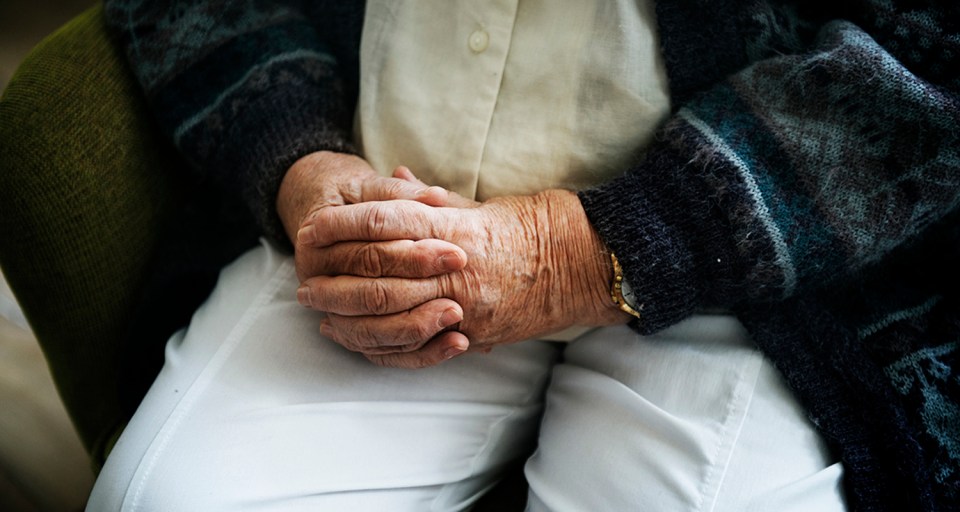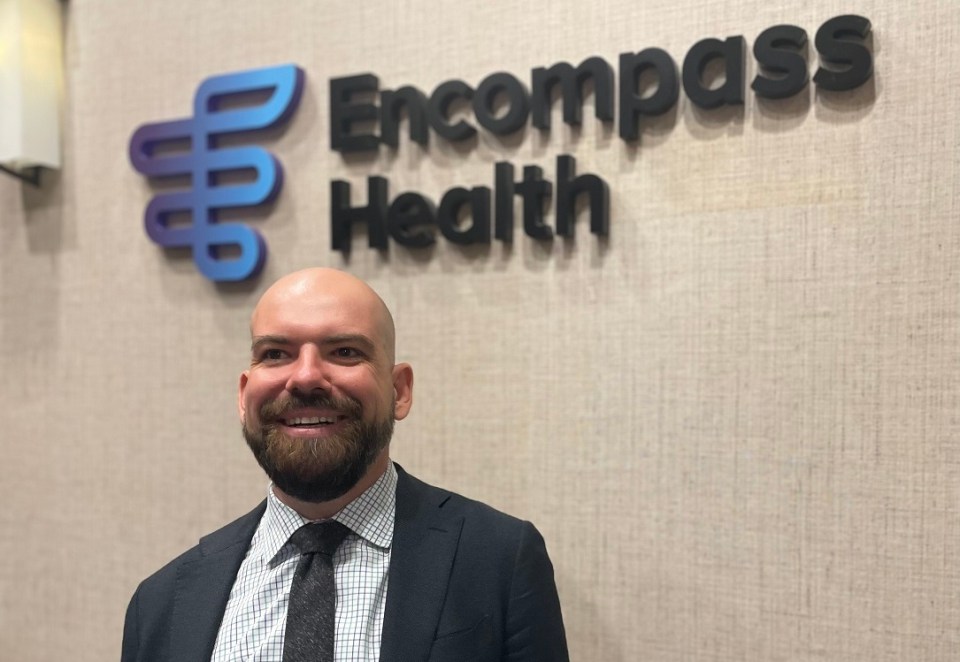When facing a terminal illness, a person may decide that curative measures are no longer the best course of treatment or that they no longer wish to pursue these measures. They may still want relief from pain or other symptoms related to their illness, but want to focus on spending time with loved ones or doing the things they enjoy.
This is when hospice, also known as end-of-life care, may help.
There are often a lot of misconceptions that surround hospice. Hospice is not a place, but rather a philosophy of care. It focuses on providing compassionate care so people can live as fully and comfortably as possible in the last stages of their disease.
Hospice care does not try to hasten or postpone death, but instead provides physical, psychological, spiritual and emotional support to the patient and their loved ones.
Who qualifies for hospice?
To be eligible to receive hospice care, a patient must have a terminal illness with a prognosis of six months or less. Patients are able to stay on hospice services past six months if their physician and care team decide it is still the best option for their care.
Hospice focuses on easing pain and discomfort in all aspects of a patient’s life during the final stages of their disease. Common diagnoses or conditions of hospice patients include cancer, heart disease, Alzheimer’s or dementia, pulmonary disease, HIV, Parkinson’s disease, liver disease, renal failure or stroke.
Who pays for hospice?
Hospice is most commonly paid for through the Medicare hospice benefit. There is no co-pay or out-of-pocket cost for qualified Medicare beneficiaries. Medicaid and many private insurance companies also pay hospice benefits with minimal personal cost.
What services are covered in hospice care?
A team of dedicated hospice professionals will work with the patient’s physician to develop a specialized plan of care to meet the needs of the patient and their loved ones. The hospice care team typically consists of skilled nurses, therapists, social workers, aides, chaplains, registered dietitians, nurse practitioners and hospice physicians.
Services that are covered under hospice include:
- Medications needed to manage the terminal illness and related conditions.
- Medical equipment needed to manage the terminal illness such as an electronic bed or oxygen.
- Medical supplies such as bandages, catheters, adult protective garments and gloves.
- In-home X-ray and lab services.
- Short-term therapy and dietary counseling.
- Short-term inpatient care for symptoms that cannot be managed in the home or for caregiver respite.
Bereavement services are also available to the patient and their family a part of hospice care. This includes grief counseling and healing resources for family members up to 13 months after the patient’s death.
Volunteers also play a critical part in hospice care by providing companionship to the patient and family. Volunteers help with day-to-day tasks such as running errands, walking the dog or grocery shopping. They can also provide respite time to caregivers and family.
Can I receive hospice at home?
Hospice care is delivered wherever the patient calls home. This could be a traditional residence of the patient or a loved one, a nursing home and or other living facility, as well as a hospital. No matter the setting, the hospice team will continue to coordinate with existing caregivers to ensure care and support for the patient and family.
When is the best time to start hospice?
Deciding when it is time for hospice is often a difficult decision and should be discussed with the patient’s loved ones and physicians. Terminally ill patients who have decided that their priority is to have the best quality of life are people who are well-suited for hospice care.
It’s important to know that anyone – a patient, loved ones or their care team – can make the first contact with a hospice to help determine if the patient meets eligibility requirements.
Many studies have shown that hospice care is often not started soon enough. Most patients and families who receive hospice care also say they wish they would have known about hospice sooner.
If you think you or a family member could benefit from symptom and pain management, emotional and psychological support, and compassionate care at the end of your disease, ask your physician if you should consider hospice.
To learn more about the hospice services Encompass Health offers, click here.
The content of this site is for informational purposes only and should not be taken as professional medical advice. Always seek the advice of your physician or other qualified healthcare provider with any questions you may have regarding any medical conditions or treatments.



